Timothy B. Campbell Innovation Award
This award honors the memory of Tim Campbell, a CS PhD Student who was widely known for his innovative spirit, creativity, and cross-functional collaboration. This award is presented to a Computer Science or Electrical Engineering undergraduate or graduate student who demonstrates a spirit of innovation, collaboration, and creativity through her or his research and personal life. This award is funded by the Timothy B. Campbell Memorial Scholarship Foundation.
Selection Process
Nomination deadlines are handled by the Berkeley EECS department. You must be a faculty, student, or staff of the EECS department to nominate.
Nomination Procedure
Compose a letter (approximately 1 page) for each nominee explaining your reason for recommending the student. Nominators should specifically address how the nominee meets the award criteria. Attach any relevant materials that will assist the Student Awards Committee in making their decision, such as: publications, CV, additional letters of nomination. The committee may seek additional information concerning the most promising nominees. Previous recipients of an award are ineligible to receive the same award again, but may be recommended for any remaining awards. Nominators are encouraged to refer to the description of each award, which includes a list of previous awardees.
Apply
Contact your advisor for application deadlines.Past Recipients
2024
Lucy Revina and Ritwik Gupta Our first scholarship at Tim’s graduate alma mater, UC Berkeley, EECS Department, honors students who demonstrate innovation, collaboration, and creativity. This year’s recipients are Lucy Revina and Ritwik Gupta. Watch the video highlights here.
2023
Justin Kerr Justin Kerr, Computer Science PhD student. Justin would like to share the following message below about his passion and work. "I'm a 2nd year PhD student studying how the intersection of robotics and 3D computer vision can improve robots' autonomous capabilities. I've had a strong passion for robotics for some time, not only because of intellectual interest, but because the field naturally requires that we collaborate across fields and share ideas. This is encapsulated in my research, where I've blended ideas from mechanical design, computer vision, and classical robotics in research projects like grasping transparent objects, untangling cables, or building rich semantic 3D understanding with modern vision-language models. I'd like to thank the department and donors for this recognition, which will have a positive impact on my academic and professional journey, providing me with additional financial support to further my education and pursue my research interests."
2022
Amil Khanzada Recipient of the Timothy B. Campbell Innovation Award for his work developing AI technology to screen for COVID-19 through cough pattern analysis on smartphones. His team at Virufy conducted a clinical study with 362 patients and expanded globally with volunteers from top universities. His innovation embodies the spirit of using technology for social impact.
2020
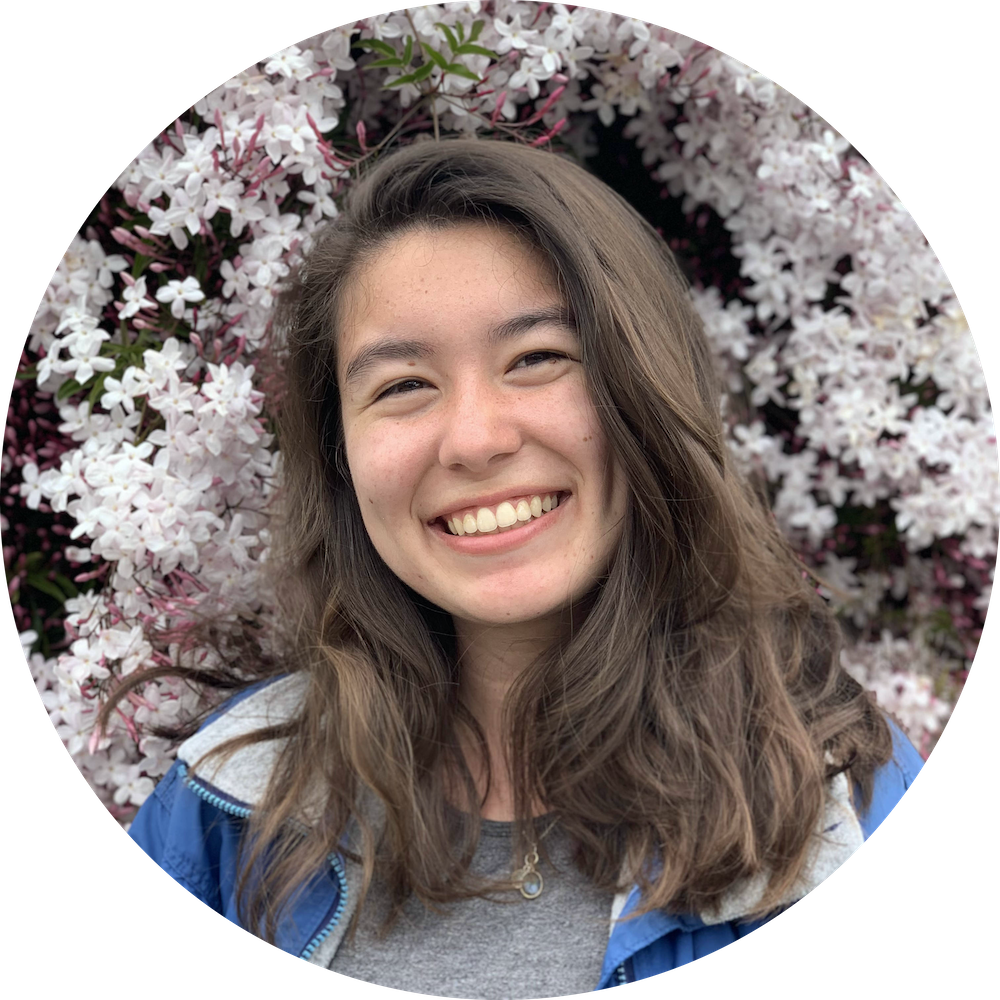
Jennifer Grannen is a fourth-year undergraduate student majoring in Computer Science. She researches robotic deformable object manipulation advised by Professor Ken Goldberg and in collaboration with Toyota Research Institute and Honda Research Institute. She has published several papers in top robotics conferences and is deciding between UC Berkeley, MIT, and Stanford for her PhD. Jennifer is also passionate about teaching and outreach, hosting robot demos and deep learning workshops for underrepresented students.
2020
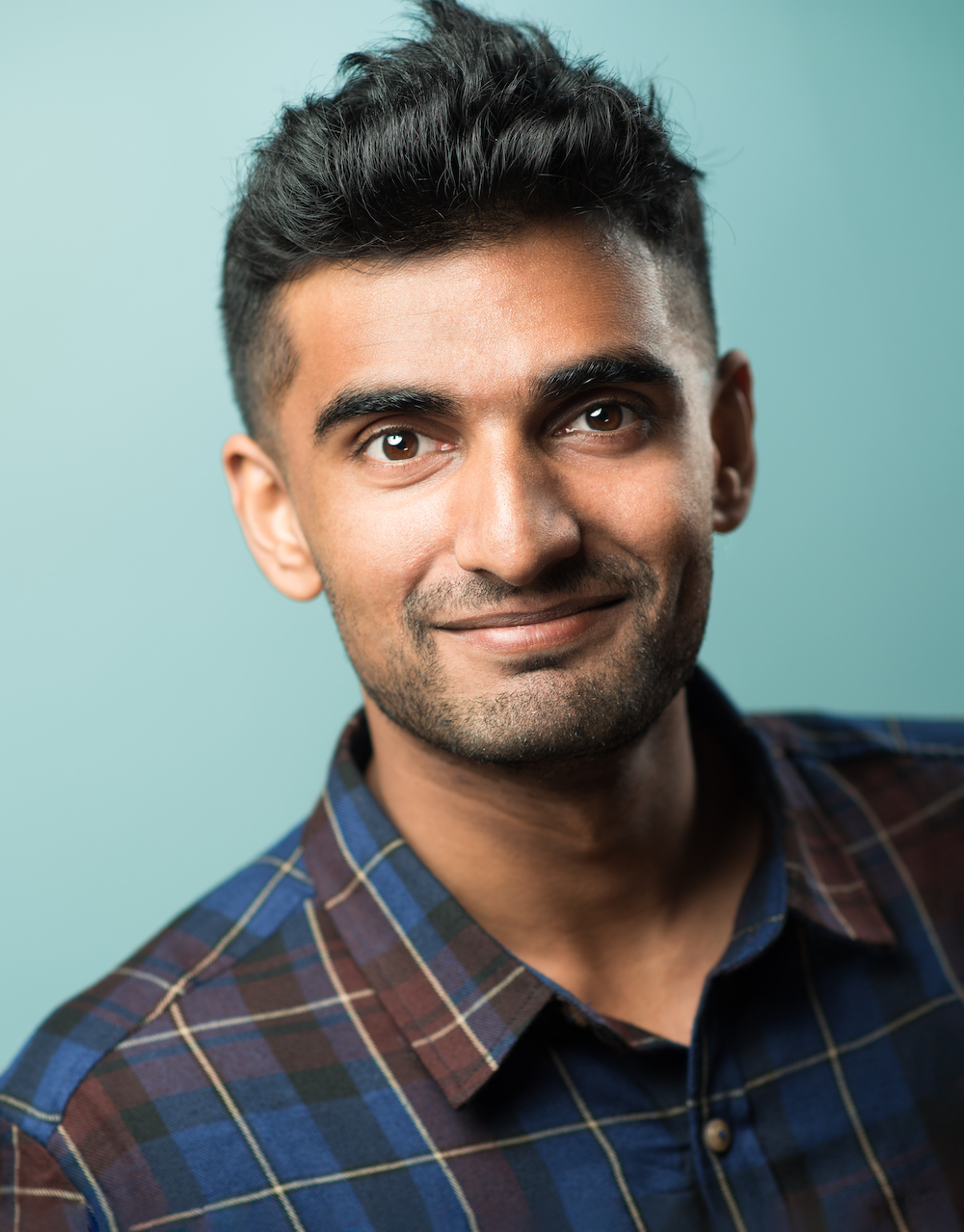
Brijen Thananjeyan is a 3rd year Computer Science PhD student advised by Professors Ken Goldberg and Joey Gonzalez. He designs learning-based algorithms for robotics with applications in reinforcement learning, deformable manipulation, online optimization, and surgical robotics. Brijen has an extensive publication record and has also served as a lecturer and GSI for multiple EECS courses at UC Berkeley.
2020
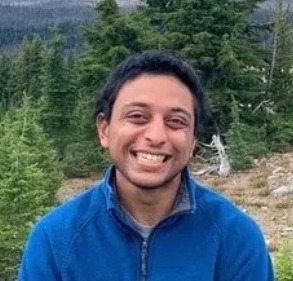
Ashwin Balakrishna is a 3rd year Computer Science PhD student studying the relationships and tradeoffs between different approaches for specifying behaviors for autonomous robotic agents. He collaborates with researchers from multiple labs at Berkeley and beyond, integrating ideas from robotics, control theory, machine learning, and computer vision. Outside of research, Ashwin enjoys mentoring and explaining scientific concepts to young scientists.
2020
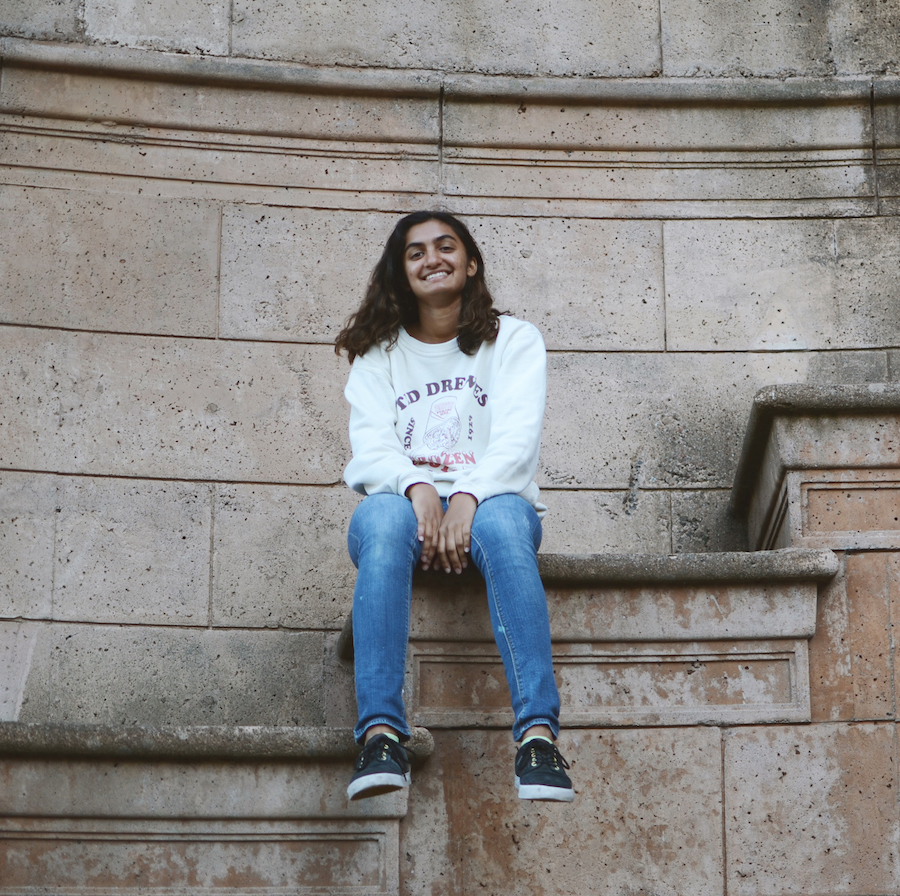
Priya Sundaresan is an EECS 5th Year Master’s student focused on robot learning with applications in medicine, home automation, and industry. She has conducted research in robotic surgical automation, fabric folding, and cable manipulation, leading to multiple publications. Priya will soon decide between Berkeley, MIT, and Stanford for her PhD. She is also active in mentorship, advising undergraduates and leading lab tours for middle and high school students.
2020
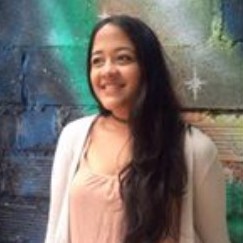
Varda Shrivastava is an undergraduate Computer Science major at UC Berkeley.
2019
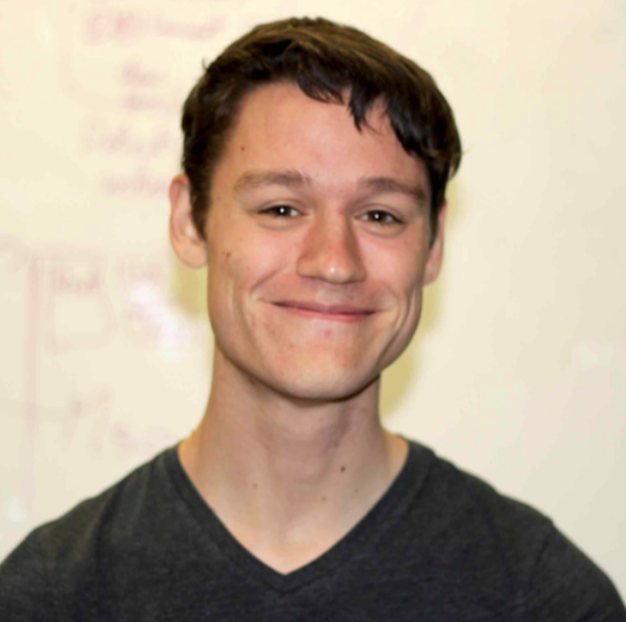
Andrew Head is a Ph.D. Candidate in Computer Science at UC Berkeley advised by Björn Hartmann and Marti Hearst. He researches how intelligent interfaces can help programmers share expertise—through code examples, tutorials, teacher feedback, and notebooks. He has also studied developer tool design as an intern at Microsoft Research and Google. His work is supported by an NDSEG Fellowship, and has received best paper awards and nominations at top conferences like CHI. Andrew had the opportunity to meet Tim and Cesar at the 2014 Cal visit days the two put on together.
2018
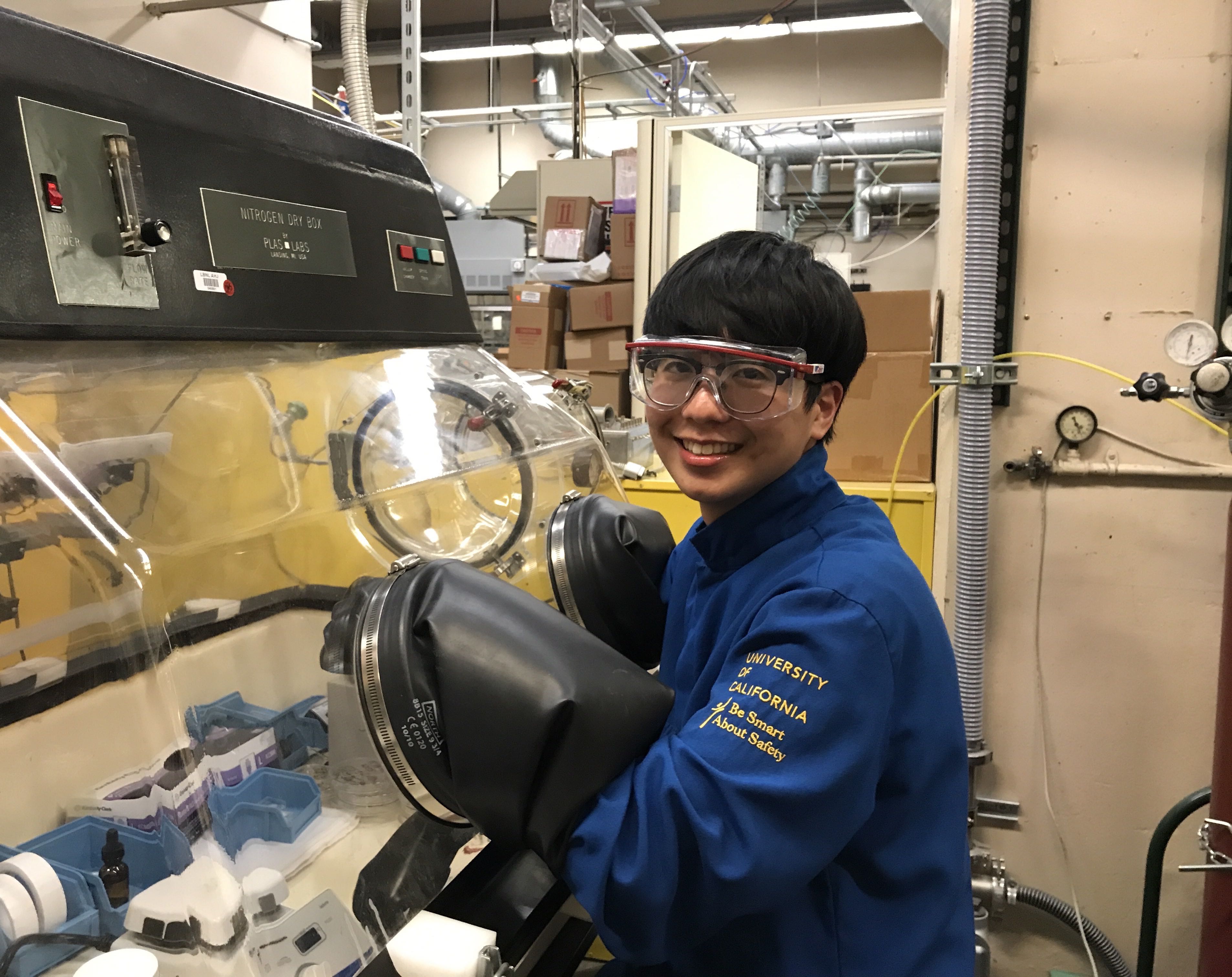
Ahn Geun Ho is an undergrad studying Electrical Engineering and Computer Sciences at UC Berkeley. His nominating professor stated, “Geun Ho has proven himself to be a very creative and driven researcher. Although still an undergrad, he made two important research findings...He demonstrated that he can control strain in the grown monolayer semiconductors by relying on the mismatch between the coefficient of thermal expansion of the monolayer and substrate. Second, he demonstrated that by properly growing and relaxing the monolayers, he can achieve a high photoluminescence quantum yield of up to 30%. I sometimes forget that he is an undergrad!” This notable research within the context of his undergraduate studies reminded us all of Tim’s enthusiastic start at the University of Washington.
2017
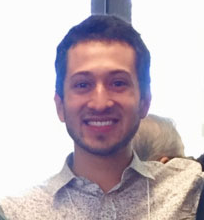
Tomás Vega Galvez innovates as an undergraduate much the same as Tim did in the labs. Eric Paulos shares Mr. Galvez is “one of the most dedicated and creative students” especially in Critical Making course work. Tomás said, “I plan to focus on heading back to Peru in order to improve the communities in which I was raised.” Tomás recently started the Masters Program at the MIT Media Lab.
2016
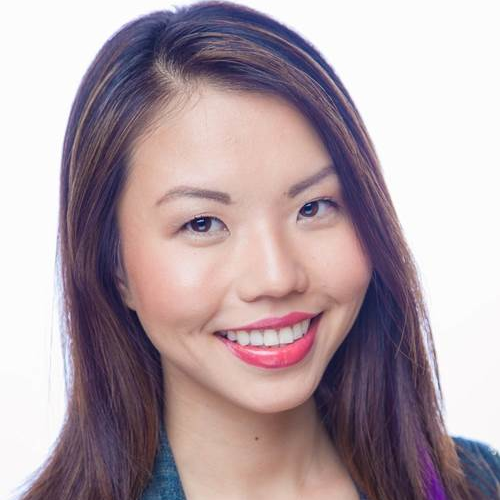
Joanne Lo is the founder of Elysian Labs, Inc and an alumna of the Human-Computer Interaction - Electrical Engineering PhD program at UC Berkeley. She was advised by Professor Paulos to develop simple yet creative fabrications methods for the Maker's community. Joanne received her B.S. degree in Biomedical Engineering and M.S. degree in Electrical Engineering from UC Davis.,